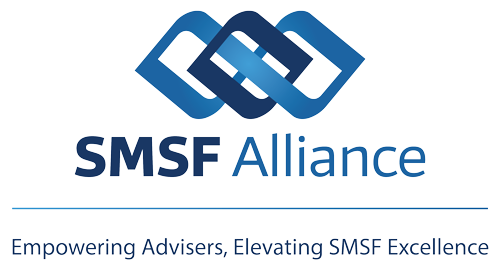In this Part 3 we investigate the maths behind excess concessional contributions tax. The 3 parts lay the foundation for a consideration of the making of excess concessional contributions as a financial planning strategy. This will be dealt with in Part 4 where the example below will be revisited.
Bill earns $225k. He’s already contributing $25k to super so personal tax is applied to his $200k residue. He has no other concessions, credits, discounts, etc. Medicare is ignored.
Bill’s situation
1. Tax on $200k is $63,097 leaving Bill with $136,903 cash in hand.
2. He decides to deliberately exceed his concessional cap by $100k. This will reduce his personal taxable income to $100k which, after tax, leaves him with $75,503 cash in hand.
3. The $100k he has contributed to super is taxed at 15% so the net super contribution is $85,000.
4. Bill receives his assessment in December. Because of his excess contribution the ATO add the $100k back to his personal assessable income and calculate his personal tax on the higher amount. They then deduct the $15k that the super fund paid. The resulting ECC charge is $23,600.
5. Bill’s preliminary net assessment after his deliberate excessive concessional contribution is;
Initial cash in hand (2) $75,503
Less ECC Charge (4) $23,600
Net cash in hand $51,903
Net super fund balance (3) $85,000
Total after tax $136,903
Which is exactly the same as in (1) except that Bill now has $85,000 less spending money unless he releases it from super.
6. Bill will also have additional tax to pay on the ECC charge which, based on an interest rate of 3.91% per annum compounding daily on the $23,600 from 1 July in the year of the contribution to the date of the assessment, will be $1,425. This can be more, if the assessment is delayed or amended, in which case it may include a special interest charge or even a general interest charge but we are being generous to Bill and assuming that he is only being charged to the end of December.
7. The ECC charge would result in extra tax of $641 which will reduce Bill’s after-tax position to $136,262.
Bill may need to withdraw 85% of his excessive contribution from super to avoid any additional taxes (see part 2).
Bill seems to have gone to a lot of trouble to achieve no result so why am I being asked to add an excess concessional contribution strategy to our SMSF Toolbox by accountants who think this is an excellent strategy? We’ll discuss that, and my answer, in Part 4.


